Changing the Conversation Around Childhood Trauma and Abuse Survivors
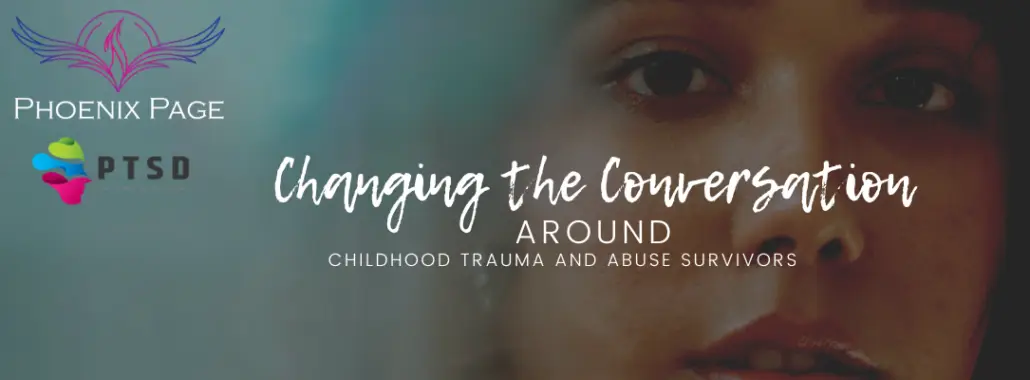
Survivors of childhood trauma and abuse often face dismissive and victim-blaming attitudes. Phrases like “stop focusing on the past,” “get over it,” and “you’re just making yourself the victim” are not only hurtful but also harmful. They undermine the survivor’s experience and further perpetuate their pain. These responses are especially damaging as they shift the blame onto the survivor and dismiss the severity of their trauma.
Breaking the Silence
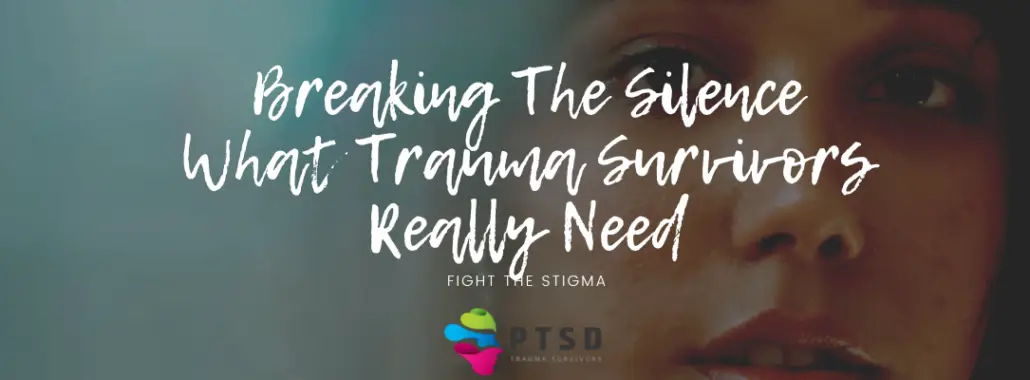
What Trauma Survivors Really Need from Society Living with trauma and its aftermath is a battle fought every day. For survivors of trauma and abuse, the road to recovery is often long and filled with challenges that many cannot see or understand. This blog post aims to shed light on what trauma survivors truly need […]
Unmasking the “Stop Playing the Victim” Gaslighting Tactic
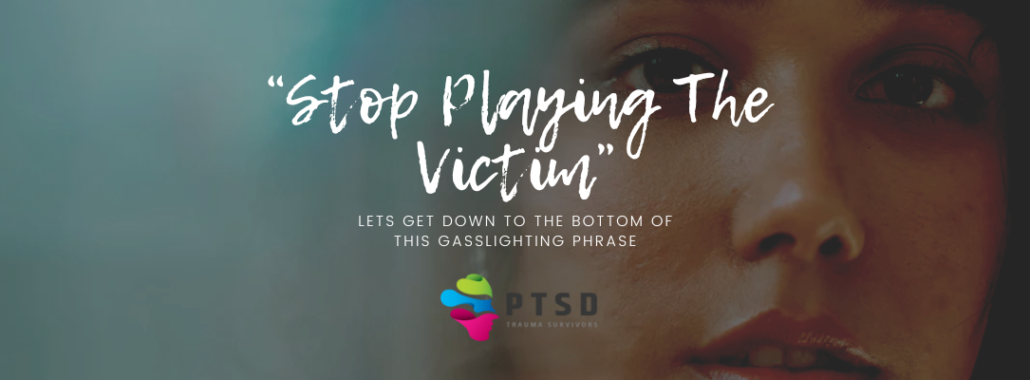
The phrase “stop playing the victim” is often wielded as a tool of gaslighting against survivors of trauma. Those who use it frequently have little understanding of how trauma works and harbor misguided notions about the healing process. It’s a pernicious statement that invalidates the survivor’s experience and perpetuates a cycle of abuse and violence, often under the guise of ‘tough love’ or misguided authority.
Unveiling the Darkness Within Nightmares and Night Terrors in Trauma Survivors
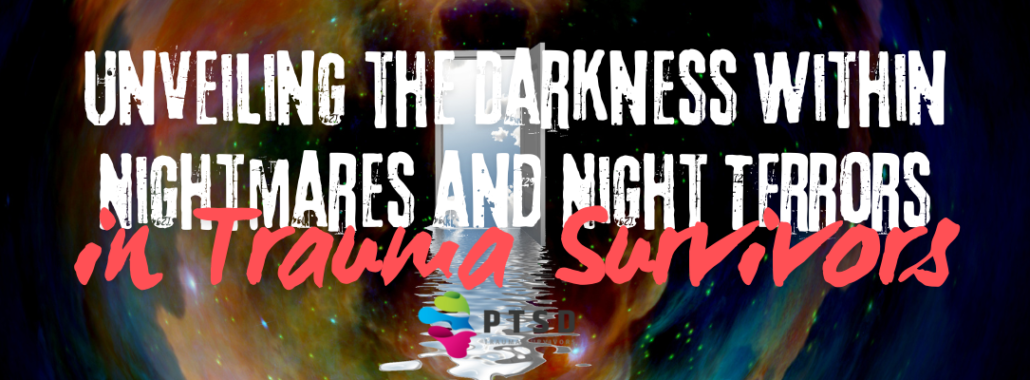
Turning the lights off at night is a seemingly simple daily act for many. It signals the eventual soothing descent into darkness and slumber. However, for survivors of trauma and abuse, the night can become a battleground—one where the mind, a powerful repository of anguish, resurrects horrors in the form of nightmares and night terrors.
Such nocturnal episodes, shrouded in mystery, are often dismissed as mere byproducts of a tired mind or an overactive imagination. Yet, these phenomena harbor secrets that demand our attention, especially within the context of trauma. Nightmares and night terrors are not only harbingers of hidden trauma, they are messengers beckoning us to confront the shadows of the past. Let’s unravel the enigma of these disturbing nocturnal experiences and propose a deeper, more compassionate understanding of their role in the healing process of trauma survivors.
The Healing Power of Taylor Swift’s “Look What You Made Me Do” for Child Abuse Survivors

Child abuse is a global phenomenon that has far-reaching effects not just on vulnerable children, but also on adult survivors. Its impact can show up in many ways, including chronic illnesses, emotional scars, and a tendency to revisit traumatic events. Survivors of child abuse are often forced to internalize the blame, resulting in a phenomenon […]
Demystifying the New Terminology for Different Sexual Identities
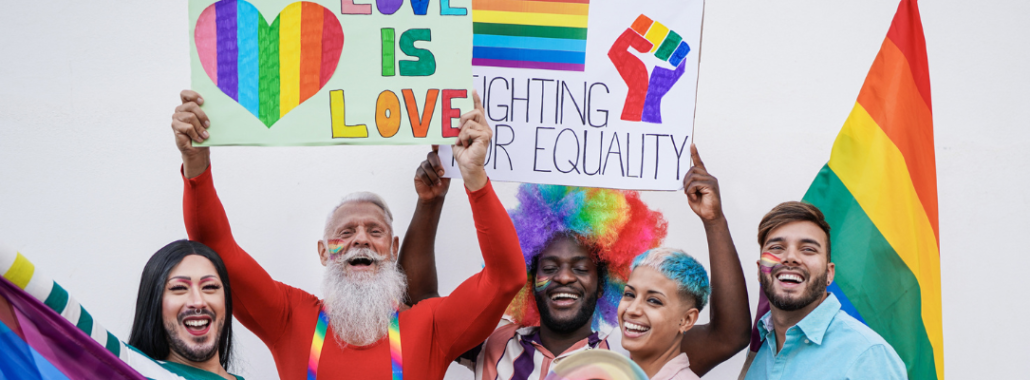
Personal identity is something that is beautiful, and we have begun to open our mind.
Understanding Victim Shaming: A Guide for Adult Survivors of Childhood Abuse

As a survivor of childhood abuse, it can be hard to come to terms with the trauma that you’ve experienced. It can be even harder when those around you don’t understand the complexity of what you’ve been through. Victim shaming is an all too common occurrence that adult survivors of childhood abuse can experience, leading to feelings of shame, guilt, and even self-blame. In this blog post, we will explore victim shaming and how it affects survivors of childhood abuse. We’ll also provide you with a guide to understand and manage victim shaming that can help you on the road to recovery.
Harley Quinn: Stockholm Syndrome and Mental Illness

Stockholm Syndrome refers to a perplexing psychological condition wherein a captive develops feelings of affection or empathy towards their captor. Although controversial within the mental health field due to ethical concerns, it is crucial to shed light on the majority-agreed symptoms.
Maintaining Autonomy During Trauma Survival

Maintaining autonomy while healing from trauma can be an important aspect for survivors. It is important for survivors to have control over their own healing process and journey. This can be done by setting boundaries and establishing a sense of agency. Survivors can set boundaries with their therapists, friends, and family members in order to maintain a sense of control over their healing journey. Additionally, utilizing self-care techniques and practicing mindfulness can help survivors feel more in control of their own healing. It is also important for survivors to have a support system that respects their autonomy and allows them to make decisions about their own healing. By maintaining autonomy, survivors can reclaim their power, build resilience, and take steps towards healing from their trauma at their own pace.
10 ways to turn a bad day into a good one!

We all have those days when nothing goes right. You wake up on the wrong side of the bed, your alarm clock doesn’t go off, and then you get stuck in traffic. You’re not alone.
